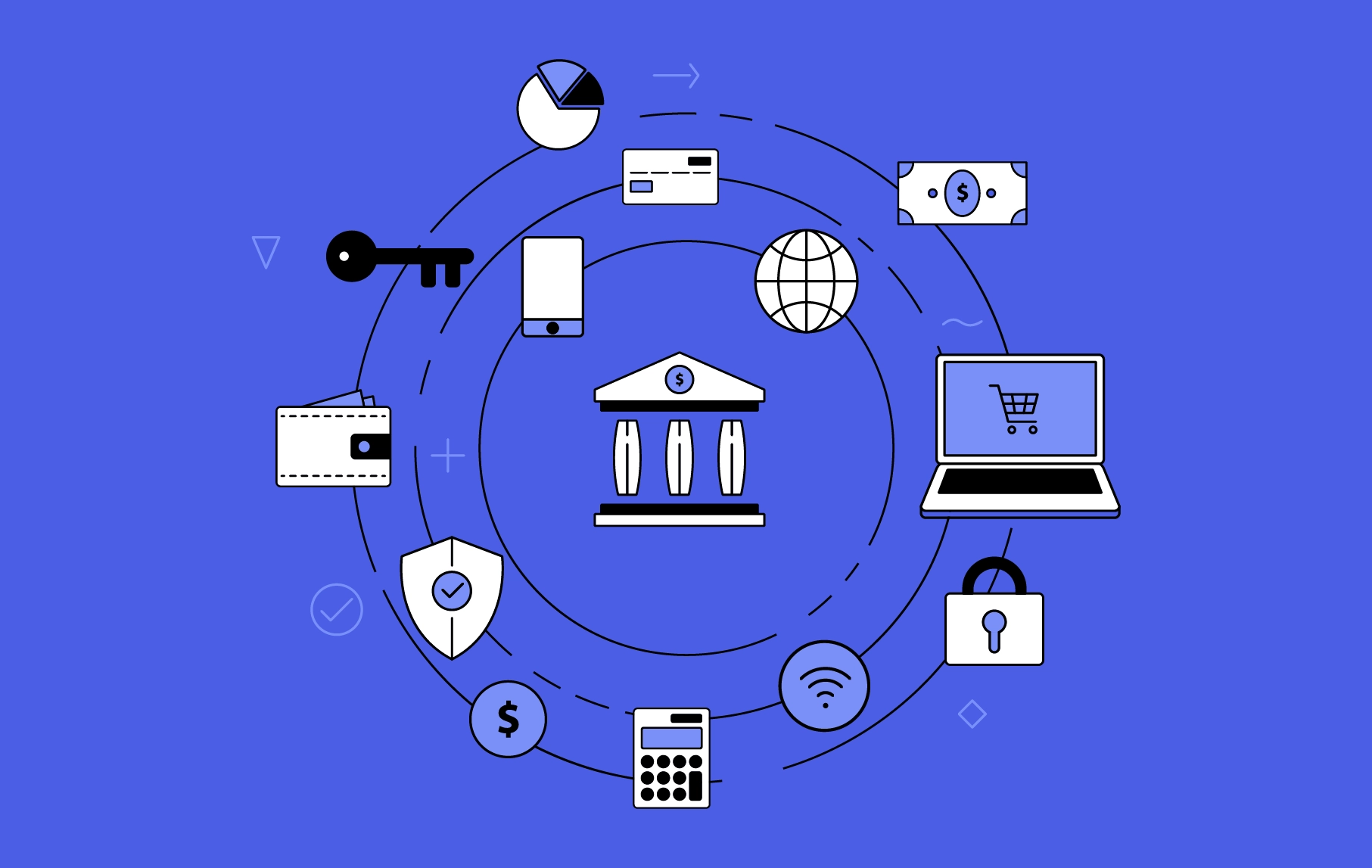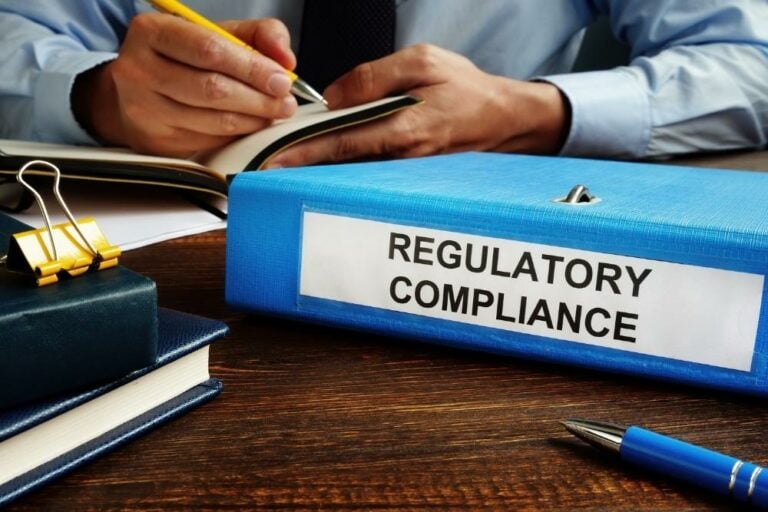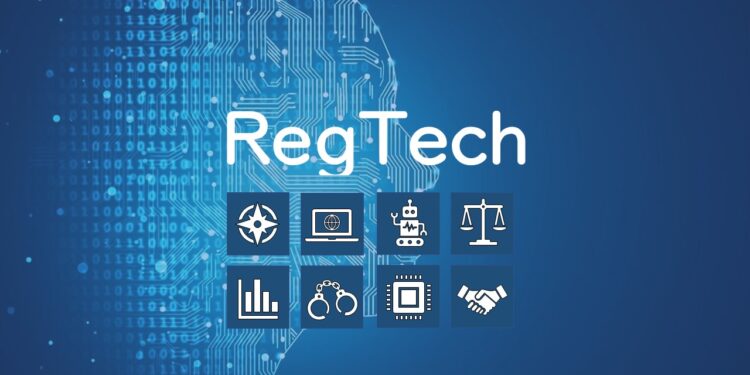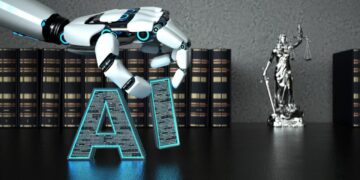In today’s fast-paced digital world, technology is an indispensable part of almost every business operation, from financial transactions to data management and customer relations. However, this deep integration of technology has also created a complex and ever-changing landscape of regulations. Regulatory Tech Compliance, or RegTech, is a burgeoning field that leverages technology to help businesses meet their legal and regulatory obligations more efficiently and effectively. This article will provide a comprehensive look into the world of RegTech, exploring its core principles, the key areas of its application, and the transformative impact it is having on industries worldwide. We will delve into how technology is being used to automate compliance, mitigate risk, and ensure transparency in an era of heightened regulatory scrutiny.
The Evolution from Manual to Automated Compliance

For decades, regulatory compliance was a manual, labor-intensive, and often reactive process. Companies relied on large teams of lawyers and compliance officers to interpret complex regulations, monitor for violations, and file mountains of paperwork. This traditional model was not only expensive but also slow and prone to human error. The rise of RegTech is a direct response to these inefficiencies.
A. The Drivers of RegTech: The push for regulatory technology is driven by a number of powerful forces.
- Increased Regulatory Complexity: The sheer volume and complexity of new regulations, from GDPR in Europe to the Dodd-Frank Act in the U.S., have made manual compliance nearly impossible. RegTech provides the tools to manage this complexity.
- Digital Transformation: The shift to a digital-first economy means that data is everywhere. Companies need new tools to manage this data and ensure it is in compliance with privacy and security regulations.
- The Cost of Non-Compliance: The financial penalties for non-compliance are higher than ever, with fines reaching into the billions of dollars for major violations. RegTech is seen as a way to mitigate this financial risk.
- The Need for Speed and Efficiency: In today’s global, interconnected markets, companies need to be able to act quickly. RegTech provides the tools for real-time monitoring and reporting, allowing a company to be proactive rather than reactive in its compliance.
B. The Core Technologies of RegTech: RegTech is not a single technology but a collection of advanced tools and platforms.
- Artificial Intelligence (AI) and Machine Learning (ML): AI and ML are at the heart of RegTech. They are used to analyze vast amounts of regulatory data, identify potential risks and violations, and automate compliance tasks. For example, an AI system can analyze a company’s financial transactions to flag any that are suspicious and may be a sign of money laundering.
- Blockchain: Blockchain technology is being explored for its potential to create a more transparent and secure compliance system. It can be used to create an immutable record of transactions, which can be audited by regulators in real-time.
- Cloud Computing: Cloud computing provides the scalability and processing power that is needed to run complex RegTech applications. It also allows for a more centralized and secure data management system.
C. The Benefits of RegTech: The benefits of using RegTech are clear and compelling.
- Reduced Costs: By automating compliance tasks, companies can significantly reduce their labor costs.
- Improved Accuracy and Efficiency: RegTech tools are more accurate and efficient than a human, which reduces the risk of human error and allows a company to be proactive in its compliance.
- Enhanced Risk Management: RegTech provides a new level of risk management, allowing a company to identify and mitigate potential risks before they become a problem.
- Increased Transparency: RegTech can be used to create a more transparent and trustworthy compliance system, which can build trust with regulators, investors, and customers.
Key Areas of RegTech Application

RegTech is being applied across a wide range of industries and is transforming how companies manage their legal and regulatory obligations.
A. Financial Services (FinTech): The financial services industry is one of the most heavily regulated, and it is also the biggest adopter of RegTech.
- Anti-Money Laundering (AML) and Know Your Customer (KYC): RegTech is being used to automate AML and KYC checks, which are a legal requirement for all financial institutions. AI systems can analyze a customer’s data to verify their identity, and a blockchain can be used to create a secure and immutable record of their transactions.
- Fraud Detection and Prevention: RegTech tools can analyze a company’s financial transactions in real-time to detect and prevent fraud. An AI system can, for example, flag a transaction that is a sign of a phishing scam or a credit card fraud.
- Regulatory Reporting: RegTech can automate the process of regulatory reporting, which is a significant and time-consuming task for financial institutions. It can automatically generate reports and submit them to regulators, ensuring that they are accurate and timely.
B. Healthcare: The healthcare industry is a prime target for hackers, and the protection of patient data is a major legal and ethical obligation.
- HIPAA Compliance: RegTech is being used to automate HIPAA compliance, which requires healthcare providers to have a high standard of security for patient data. An AI system can be used to monitor a provider’s network for vulnerabilities and to ensure that all patient data is encrypted and secure.
- Privacy and Consent: RegTech tools can also be used to manage patient consent, which is a legal requirement for many medical procedures and research projects. A blockchain can be used to create a secure and immutable record of a patient’s consent.
C. E-commerce and Data Privacy: The e-commerce industry is a major collector of consumer data, and it is subject to a growing number of data privacy regulations.
- GDPR and CCPA Compliance: RegTech is being used to automate compliance with GDPR and CCPA, which require companies to be transparent about how they collect and use consumer data. A RegTech tool can be used to manage a consumer’s consent, to provide them with the right to access and delete their data, and to ensure that a company is not in violation of these regulations.
- Deceptive Marketing: The Federal Trade Commission (FTC) is cracking down on companies that use deceptive marketing, and RegTech is being used to help companies stay in compliance. An AI system can be used to analyze a company’s marketing materials to flag any that are misleading or deceptive.
D. Supply Chain Management: The supply chain is a critical part of a company’s business, and it is subject to a growing number of regulations on everything from labor rights to environmental impact.
- ESG Compliance: RegTech is being used to automate ESG (Environmental, Social, and Governance) compliance. An AI system can be used to monitor a company’s supply chain for labor abuses, environmental violations, and ethical breaches.
- Transparency: A blockchain can be used to create a more transparent and secure supply chain, allowing a company to track a product from its origin to its final destination and to prove that it was produced in a sustainable and ethical manner.
The Future of RegTech
The future of RegTech is a story of new challenges and new opportunities. As technology continues to evolve, so too will the legal and regulatory landscape.
A. AI Governance and Regulation: As companies increasingly use AI in their operations, the legal and regulatory landscape is evolving to address issues of algorithmic bias, data privacy, and accountability. RegTech will be at the forefront of this, providing the tools to audit and govern AI systems to ensure they are fair and unbiased.
B. Global Harmonization: The fragmented regulatory landscape is a major challenge for global companies. The future of RegTech will involve a push for global harmonization, with new standards and regulations that are consistent across borders. This would make it easier for businesses to comply and for regulators to enforce the rules.
C. The Role of the “Human in the Loop”: While RegTech can automate many compliance tasks, it is not a replacement for a human. The role of the compliance officer is shifting from a manual document reviewer to a strategic analyst who uses RegTech tools to gain insights and make more informed decisions. The “human in the loop” will be a critical part of the future of RegTech.
D. The Democratization of Compliance: RegTech is making compliance more accessible and affordable for small and medium-sized businesses. This “democratization” of compliance is creating a more level playing field, where all companies, regardless of their size, can afford to be in compliance with the law.
E. RegTech for Regulators: The technology of RegTech is not just for companies. Regulators are also beginning to use AI and other advanced tools to monitor for violations, analyze market data, and enforce the law more effectively. This “SupTech” (Supervisory Technology) is a major new area of innovation.
Conclusion
Regulatory Tech Compliance is more than just a new industry; it is a new social contract for business. It is a recognition that in an age of constant change and heightened scrutiny, companies must be more transparent, more accountable, and more committed to their legal and ethical obligations. RegTech is the tool that is making this new social contract possible. By embracing these new technologies, companies can not only mitigate their risk and save money, but they can also build a more trustworthy and sustainable business that is aligned with the values of the modern world. The future of business is not just about innovation; it’s about integrity, and RegTech is a critical part of that story. The journey is just beginning, and the story of RegTech’s next chapter is one that will be written by all of us.












